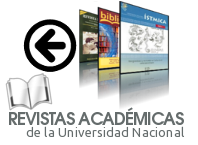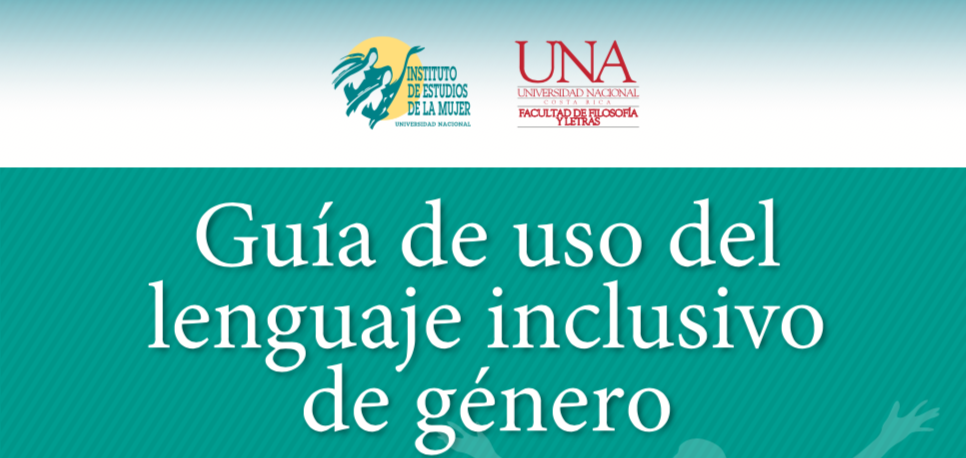NIETZSCHE, EL SOBREHUMANO Y EL TRANSHUMANISMO
DOI:
https://doi.org/10.15359/praxis.75.6Palavras-chave:
posthumano, transhumano, sobrehumano, NietzscheResumo
Bostrom niega a Nietzsche como un ancestro del movimiento transhumanista, en tanto alega que hay solo algunas “similitudes a nivel superficial con la visión de Nietzsche” (Bostrom, 2005a, p.4). Por el contrario, yo pienso que se pueden hallar similitudes significativas entre lo posthumano y el sobrehumano, a un nivel fundamental. Además, creo que Nietzsche explica la relevancia del sobrehumano al referirse a una dimensión que parece carecer de transhumanismo. Para explicar mi posición, avanzaré de la siguiente manera. Primero, compararé el concepto de posthumano con el de sobrehumano de Nietzsche, concentrán- dome más en sus similitudes que en sus diferencias. En segundo lugar, contextualizaré el sobrehumano en la visión general de Nietzsche, de modo que pueda señalar cuál dimensión me parece que carece de pensamiento transhumanista.
Referências
Agar, N. (1998). Liberal eugenics. Public Affairs Quarterly, 12(2), 137-155. Ansell-Pearson, K. (1997). Viroid life: Perspectives on Nietzsche and the transhuman condition. London: Routledge.
Babich, B. E. (1994). Nietzsche’s philosophy of science. Albany: State University of New York Press.
Birx, H. J. (2006). Nietzsche. In H. J. Birx (ed.), Encyclopedia of anthropology. 5 vol., Thousand Oaks, California: SAGE Publications., 1741-1745
Bostrom, N. (2001). Transhumanist values. Recuperado de http://www.nickbostrom.com/tr a/values.html
Bostrom, N. (2005a). A history of transhumanist thought. Journal of Evolution and Technology, 14(1), 1-30.
Bostrom, N. (2005b). Transhumanist values. Review of Contemporary Philosophy, 4, 3-14.https://doi.org/10.5840/jpr_2005_26
Bostrom, N. (2006). Why I want to be a Posthuman when I grow up. Medical enhancement and posthumanity, 1, 107-137.
Habermas, J. (2001). Die Zukunft der menschlichen Natur. Auf dem Weg zu einer liberalen Eugenik? Frankfurt am Main: Suhrkamp.
Nietzsche, F. (1967). Sämtliche Werke. Kritische Studienausgabe in 15 Bänden. Hg. v. G. Colliu. M. Montinari, München. New York: Deutscher Taschenbuch Verlag.
Sorgner, S. L. (2007). Metaphysics without truth. On the importance of consistency within Nietzsche’s philosophy. Revised edition. Milwaukee, WI: University of Marquette Press. Sorgner, S. L. (2006). Facetten der Eugenik. In S.L. Sorgner, H. J. Birx and N. Knoepffler (eds.), Eugenik und die Zukunft. Feiburg i. B.: Alber Verlag, (P. 201-209). Stevens, A. 1994. Jung. Oxford: Oxford University Press.
Stevens, A. 1994. Jung. Oxford: Oxford University Press.
Downloads
Publicado
Como Citar
Edição
Seção
Licença
La revista trabaja bajo la Licencia Creative Commons Atribución-NoComercial-CompartirIgual 4.0 Internacional; apartir de la publicación número 79 (2019); en publicaciones anteriores se trabajaba bajo una Licencia Atribución- No Comercial- Sin Derivadas 4.0 Internacional.







